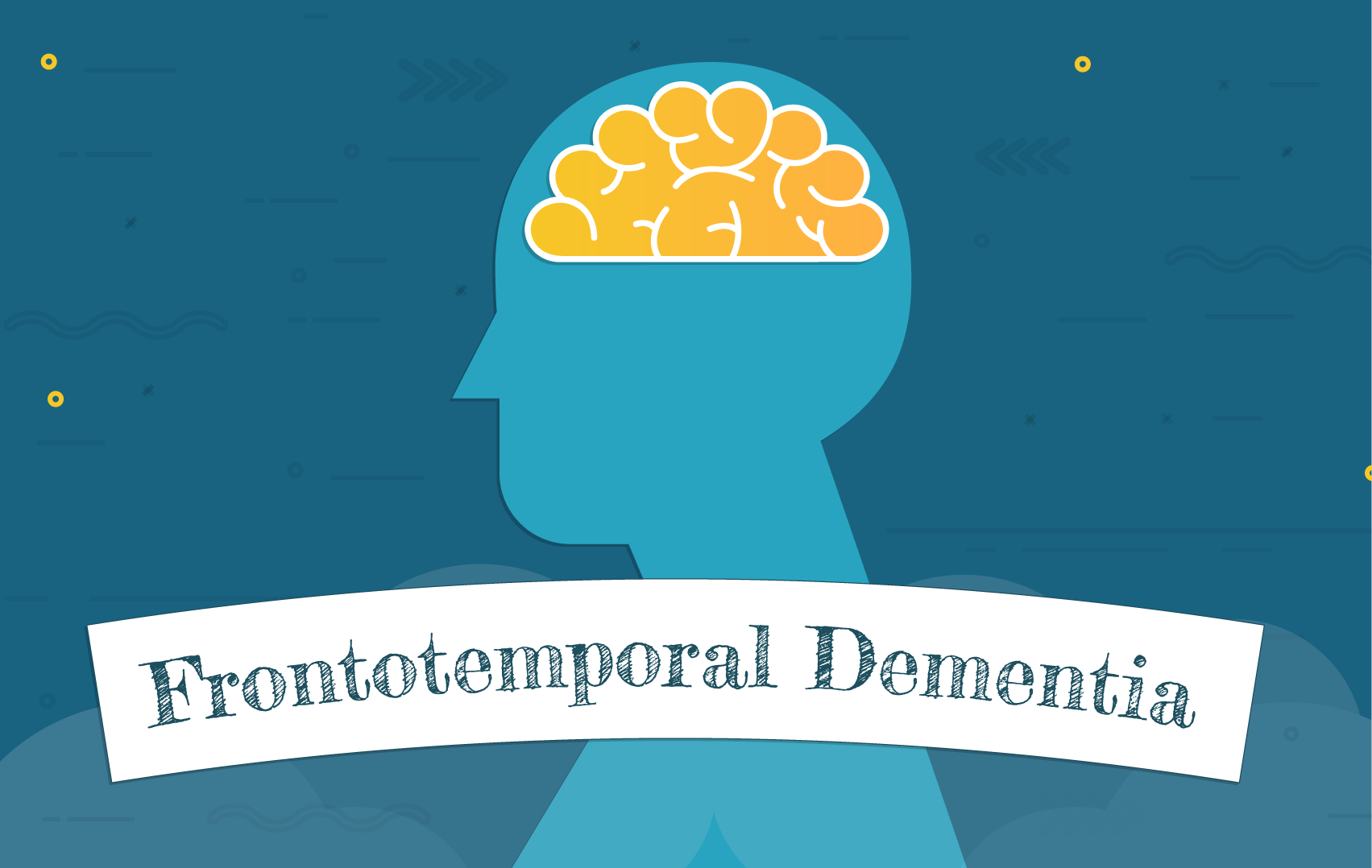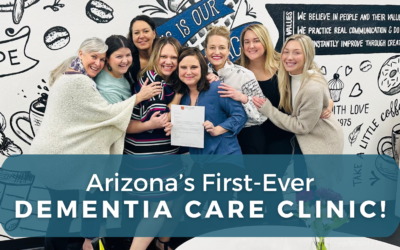Common Dementia Types # 3: Frontotemporal Dementia
To follow along in my series of the 10 most common types of dementia we see at Oakwood, let’s discuss Frontotemporal dementia (see my other post about alcohol-related dementia and vascular dementia, here)
Frontotemporal dementia (FTD) is caused by progressive damage to the frontal and/or temporal part of the brain. Often affecting those who are younger, symptoms of FTD will usually begin in a person’s 5O’s or 60’s.
This dementia, once known as “Pick’s Disease”, is often misdiagnosed as Alzheimer’s disease or even a psychiatric issue. However, FTD is not treated the same as Alzheimer’s (which is one of the reasons that you need to be sure of your love’s one diagnosis).
In regard to genetic predisposition, approximately 1/3 of people with Frontotemporal dementia will have a family history of dementia. However, only about 10-15% of cases will have a history of familial FTD.
We can divide FTD into two groups as this is easier to remember:
1. Frontal lobe changes: signs include changes in personality and behavior, habits and emotional response. These symptoms vary, depending on which areas of the frontal lobe are damaged. Some people may become very apathetic, while others become disinhibited. Here are a few common symptoms:
a. Appearing selfish or unable to adapt to new situations
b. Loss of empathy, emotional warmth, and responses
c. Lack of motivation, abandoning social contact
d. Loss of normal inhibitions (very difficult for caregivers) which results in exhibiting embarrassing behavior.
e. Decline is self-care, lack of insight.
As the disease progresses, the person may become obsessive and repeat patterns of movement or behaviors.
2. Temporal lobe changes: signs include a loss of language skills. Here are a few common symptoms:
a. Semantic dementia (gradual loss of the ability to assign meaning to words)
b. Difficulty finding words and people’s names. Their speech sounds fluent, but usually seems empty in content.
c. May have difficulty recognizing previously familiar people.
For caregivers, Frontotemporal dementia can be a handful to deal with — giving the caregiver a very difficult row to hoe! It’s important to have a support team for both the loved one with dementia, and the caregiver!
At Oakwood, we offer many resources for the entire family: support groups, online engagement, and specialized daytime care that is enjoyable and beneficial for those with all types of dementia (or other age-related disorders).
In light of the Covid-19 pandemic, I’m now offering complimentary 1-on-1 sessions for family members and caregivers of aging loved ones. As an RN who has worked in Oakwood’s Mesa, Arizona day clubs for several years, I’ve developed a large toolbox of helpful information, ideas, and tips for caring for those with aging related difficulties. You can schedule a free session, here.
That’s all for today! Next time, we’ll talk about Parkinson’s and Parkinson’s with dementia.
– Rosemary




